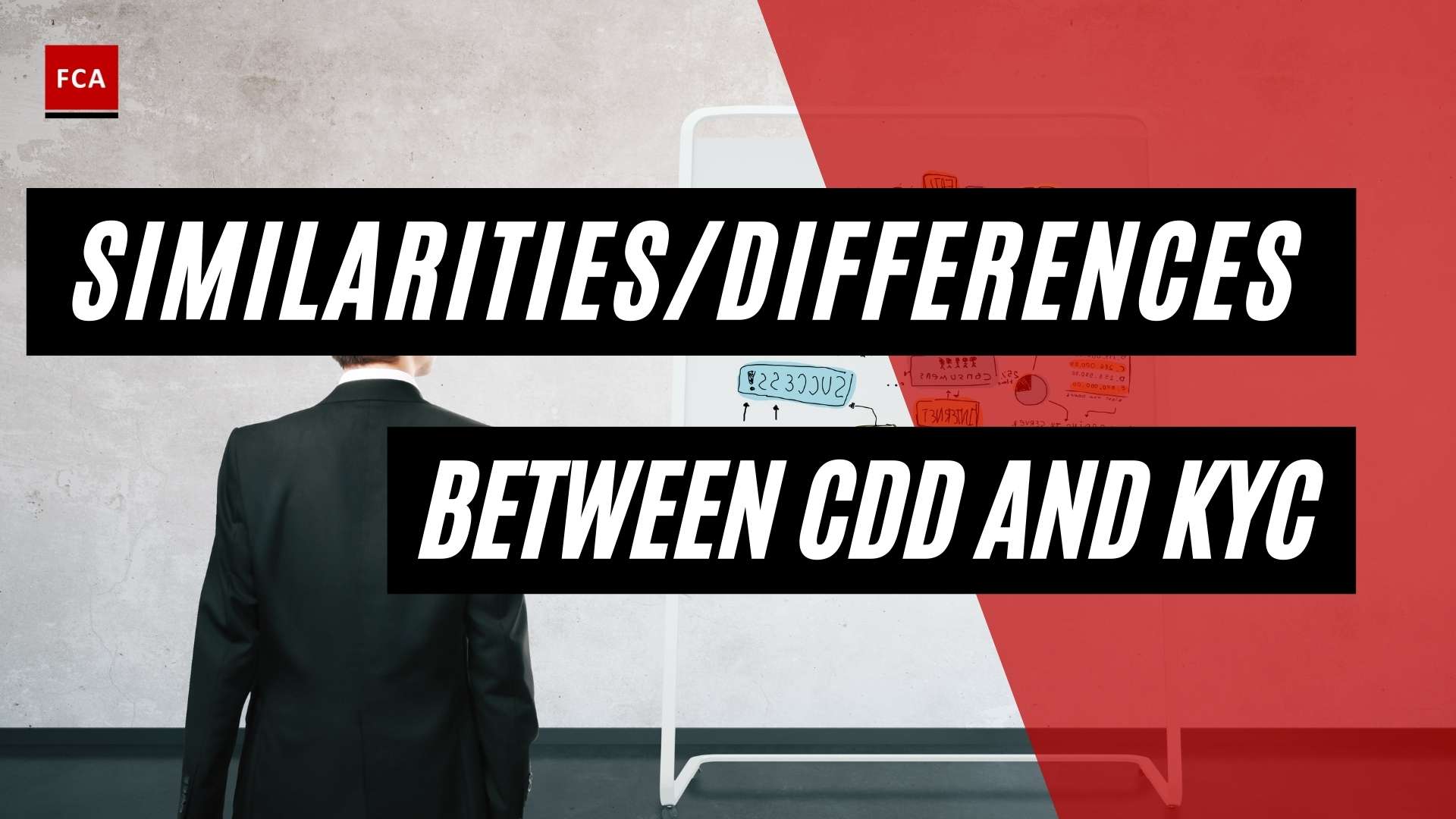CDD/KYC career tips and best practices. As a result of the increased regulatory requirements under the AML/KYC regime, firms are expected to adopt proper AML/KYC controls as part of their Compliance Program. The ML/TF dangers are continually rising in the setting of a complicated geopolitical scenario and an increase in international financial activities.
To protect their corporate image, some occurrences in the financial realm have encouraged firms to enhance their controls and security. As a result, the demand for AML/KYC personnel who can assess risk and creditworthiness of consumers is always growing.»

CDD/KYC Career Tips And Best Practices
Because of the increased legal requirements for AML/KYC and the constraints placed on enterprises to create comprehensive AML/KYC controls, employment possibilities in AML/KYC are on the rise. Professionals from various backgrounds, including beginners and industry veterans, are hired by organizations. Benefits and perks provided to such people are competitive in the market.
Know Your Customer (KYC) procedures are an important function for assessing customer risk and a legal requirement for complying with Anti-Money Laundering (AML) laws. Effective KYC entails understanding a customer’s identity, financial activities, and the risk they pose.
Do you know who your customer is? In any case, you should. If you do business with a money launderer or a terrorist, you could face fines, sanctions, and reputational damage. More importantly, KYC is a critical practice for protecting your organization from fraud and losses caused by illegitimate funds and transactions.
High Demand For The KYC Analysts
Organizations are expected to verify clients’ identities, analyze financial risks, ML/TF dangers, and so on. As a result, the KYC Analyst is needed to assist in ensuring compliance with AML/KYC regulatory standards. KYC Analysts are responsible for analyzing ML/TF threats as well as tax scams. The AML analyst must utilize the appropriate data before passing it on to the Compliance department for evaluation. Furthermore, the KYC Analyst must keep track of legislative developments in order to guarantee that the organization’s AML/KYC policies are up to date. Finally, a KYC Analyst is enlisted to assist in the data collecting process.
What Makes Someone A Good KYC Analyst?
To become a Compliance Professional or AML analyst, the students may opt for different courses and qualifications offered by different institutions. KYC Analysts generally have a bachelor’s degree or professional certification in legal or compliance.
AML Analyst is required to have soft skills, an analytical mindset, and good interpersonal skills. For example, the KYC Analyst must be able to handle sensitive customer data diplomatically, assess the ML/TF risks, and implement the applicable regulatory requirements.
Is A KYC Analyst Paid According To The Level Of Expertise?
The salary scale is directly dependent on the experience and expertise of the AML analyst. For the moment, the demand for KYC Analysts is greater than the supply, and, therefore, AML analysts can easily negotiate with the employer. This also depends on the type of company and the level of expertise required from the AML/KYC candidate.
A great route for people with little or no expertise is to look at opportunities in AML, KYC, and do CDD. These are the roles that offer broad, foundation-level experience in widely recognized key compliance functions. Where possible, build relationships with the people already working within these functions. Don’t be afraid to ask them how they got started. This is a great way to get answers and also flags you as someone interested in making the move across.
Final Thoughts
Financial institutions are subject to a slew of Anti-Money Laundering regulations. They are confronted with a mountain of risks as a result of a large number of financial transactions, each of which can carry significant risks. AML compliance programs are based on a thorough examination of a large number of financial transactions. This review must concentrate on triggers that identify suspicious transactions or customers.








